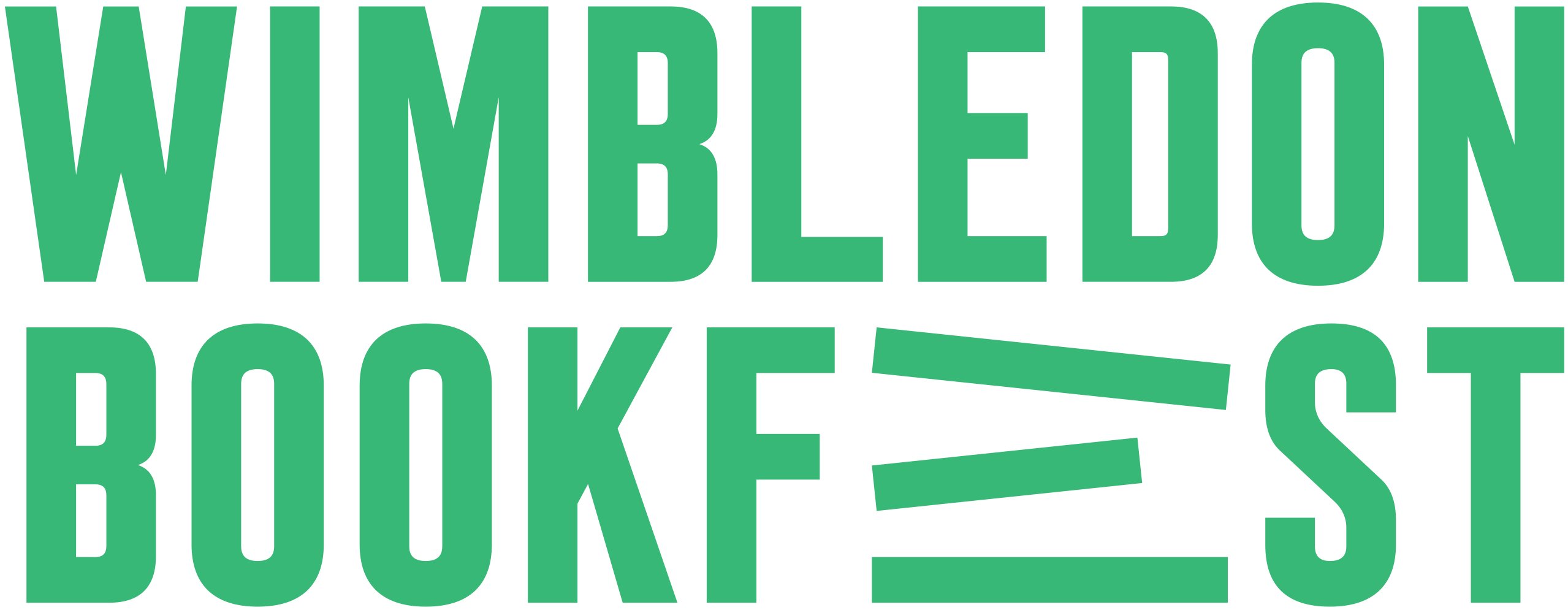


1: Tell me a little bit of what people can expect from your talk at Wimbledon BookFest.
A conversation about families, especially about siblings – in my case a sister and half-sister. Parent-child relationships get a lot of attention, whether in memoirs or psychoanalysis. Sibling relationships are rarely explored.
2: It is 30 years since your first published the memoir about you Dad, And when did you last see your father?, you also wrote about a memoir about your mum in Things my mother never told me, and now, your two sisters. Do you see each as a separate memoir or as part of a trilogy?
I’m a serial offender, it’s true. I don’t know where to stop. But if you’d asked me, at 18 or even at 38, if I’d ever write a book about my family I’d have laughed. If my parents and sisters were still alive, there’d be no trilogy. But their deaths made me want to explore and commemorate them.
3: You have said that life writing is stranger than fiction – could you share some examples of this from the book?
a) My mother delivered her husband’s child – the one he’d had with a friend of theirs.
b) When my sister and her husband divorced, he used the proceeds of their financial settlement to buy a camper van he could live in – and parked it in her drive.
4: In an interview with 5×15 you said you tell your students to be brave when they are writing about people they know. Where do you feel your writing is brave in Two Sisters?
I don’t think of myself as brave. But it’s foolhardy to write about real people even when they’re dead – there’ll be friends and relations who feel you’re being disrespectful, even if all you’re doing is telling the truth. To expose my sister Gill’s drink problem was a challenge for me.
5: You wrote each of your memoirs when the main protagonists were dead. Did this gave you more freedom to tell the truth with fewer consequences?
Death is a form of permission. But there are still consequences. The main protagonist isn’t around to complain that you’ve misunderstood and misrepresented them but others may do so.
6: Did it make it easier to choose what to leave in and what to leave out of the book?
I’m not conscious of deliberately omitting anything. The one instance I can think of was a passing reference I made, in the memoir of my Dad, to my Mum being a Catholic. She asked me to take that out – for reasons I understood only after her death (and which led me to write a book about her as well).
7: How did you respect the wishes and privacy of the partners and children your sisters left behind?
I showed the book, in draft, to my sister’s two children, who in turn read relevant parts to their Dad. If they’d objected I wouldn’t have gone ahead.
8: How much of the memoirs do you feel are an exploration of your own role as son and brother in your family dynamics?
You can’t help writing about yourself if you’re doing a family memoir and your feelings and personality will inevitably emerge. But your role is secondary – the only bit that matters is your interaction with the main protagonists and what it shows about them.
9: You reference other sibling relationships such as William and Dorothy Wordsworth in your book. What insights did their relationship offer you? And what do you want these to offer your readers?
I think sib-lit is a hugely overlooked and underrated genre. I explored famous sibling relationships while writing about my sisters because I wanted to understand how they work, when they succeed and when they fail, and whether I could have been a better brother. I learned from reading about siblings and hope readers will learn too.
10: If you were to write the memoirs of your mum and dad now would you do it any differently? How do you think your own memoir writing has evolved?
As you get older you understand more about your parents. Perhaps that would make me write differently about Mum and Dad now. But I’m pleased I wrote what I did when I did. Je ne regrette rien.
11: And finally for those looking to write their own family memoir – what three pieces of advice would you give?
• When you’re writing a first draft, don’t be inhibited by what other family members might think.
• When you’re revising, consult them.
• When you’re finalising, be brave. In memoir, honesty is what counts.
Blake Morrison will be speaking to Anne Sebba on Sunday 15 October at 2pm.
Book your tickets here.



